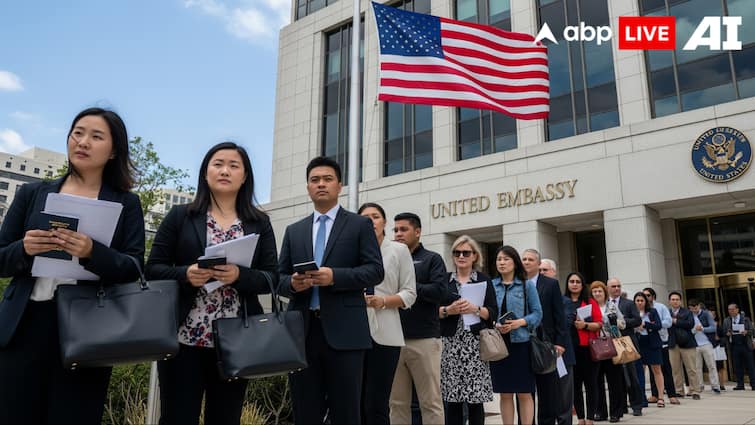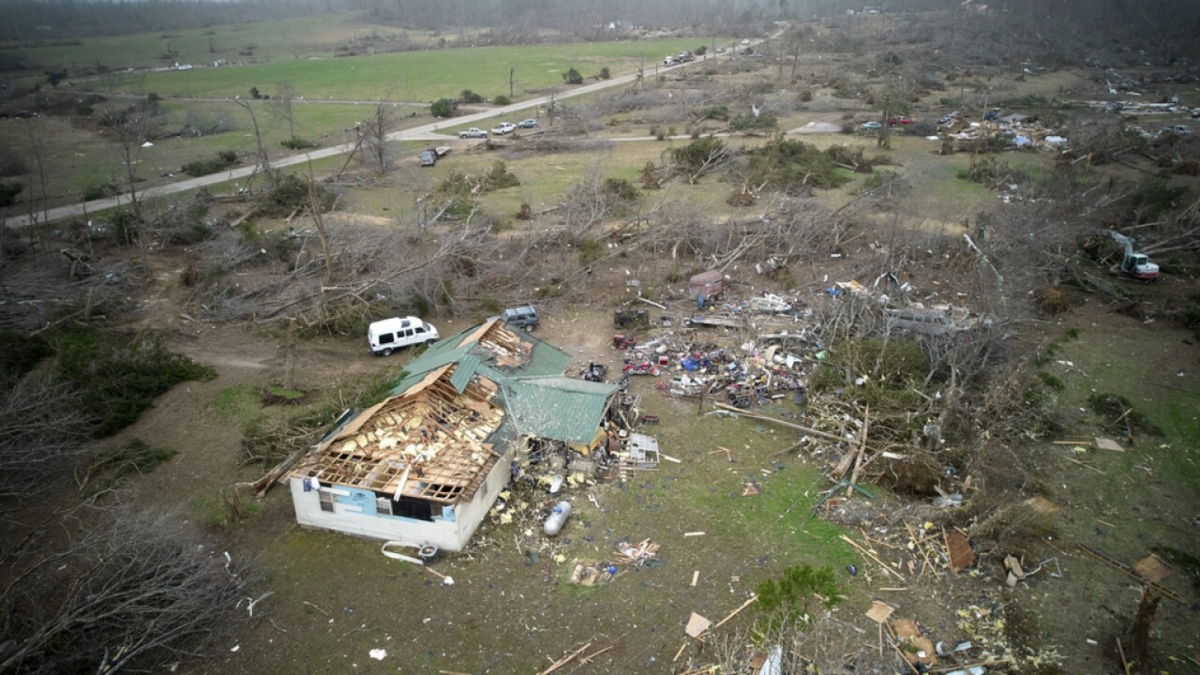The US State Department has rolled out a significant update for nonimmigrant visa (NIV) applicants, tightening the rules for scheduling interview appointments. Under the new directive, all applicants must now book their visa interviews at the US Embassy or Consulate located in their country of citizenship or legal residency. The change, announced on 6 September, ends a practice that became common during the Covid-19 pandemic, when travellers sought quicker interview slots abroad due to long backlogs in their home countries.
This means Indian applicants can no longer bypass delays by securing faster B1 (business) or B2 (tourist) visa slots in other countries. For many, especially frequent travellers and business professionals, this update marks the end of a critical workaround that saved time and eased uncertainty.
ALSO READ: Vice President Election 2025: Polling Date, Candidates, Process — All You Need To Know
What It Means For Indian Applicants
For Indian nationals, the new policy poses a fresh challenge. Current wait times for B1/B2 visa interviews remain lengthy: three and a half months in Hyderabad and Mumbai, four and a half months in Delhi, five months in Kolkata, and nearly nine months in Chennai. With the option of securing appointments overseas now closed, Indian applicants will have to rely solely on local consulates, a move expected to increase the pressure on India’s already stretched system.
The State Department, however, clarified that the rule does not apply to countries where the US does not conduct routine NIV operations. Additionally, certain travellers may still qualify for interview waivers — for example, those renewing a B-1, B-2, or B1/B2 visa within 12 months of expiry, provided their previous visa was issued when they were over 18.
Interview Waiver Changes And New Fees
Alongside the scheduling changes, the US has also revised its interview waiver programme to strengthen security checks. Most applicants, including children under 14 and adults over 79, will now need to attend in-person interviews with a consular officer. While some exceptions remain for diplomatic and official categories such as A, G, and NATO visas, the broader shift represents a clear move towards tighter screening.
Adding to the policy changes, the US has introduced a $250 Visa Integrity Fee, effective from 2026. The fee acts as a security deposit linked to inflation and may be refunded if visa holders comply with all conditions. Combined with the Trump administration’s tougher vetting measures, these changes reflect Washington’s intent to reinforce border security and national safety.
For Indian travellers, students, and temporary workers, this could mean longer delays and stricter checks — underlining the need to plan applications well in advance.


)
